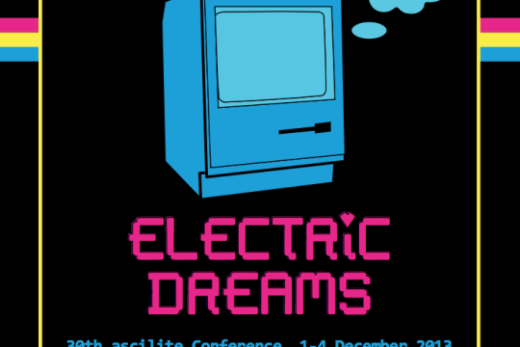Arizona State University experimented with a different online social platform during its Learning (Hu)Man conference for educators last month. Organizers invited attendees to a 3-D video game-like campus where they could have audio conversations or text chats with people standing near their avatars. The system, made by VirBELA, is built on the video game engine Unity.
The effort was part of a series of experiments by ASU’s Learning Futures Collaboratory to find ways to make online campus experiences more engaging, especially during the pandemic.
“How do you teach the whole human at a time when everything is focused on the screen?” asked Daniel Munnerley, a co-executive director of the collaboratory. “We’re trying to get to that vision where learning is more immersive and it’s more engaging and it’s more experiential.”
During the weekly virtual conference, more than 1,000 attendees tried the virtual social space, ASU says. They gathered around virtual bonfires to chat about conference sessions (or whatever else) and some participated in a scavenger hunt in the 3D virtual space.
Heather Haseley, the other co-director of the collaboratory, said that some attendees told her it was easier for them to socialize in the virtual conference than at an in-person event because they are normally shy. “They felt they could be more themselves,” she added.
EdSurge, 2020
Can Schools and Colleges Bring an In-Person Feel to Remote Campuses?



